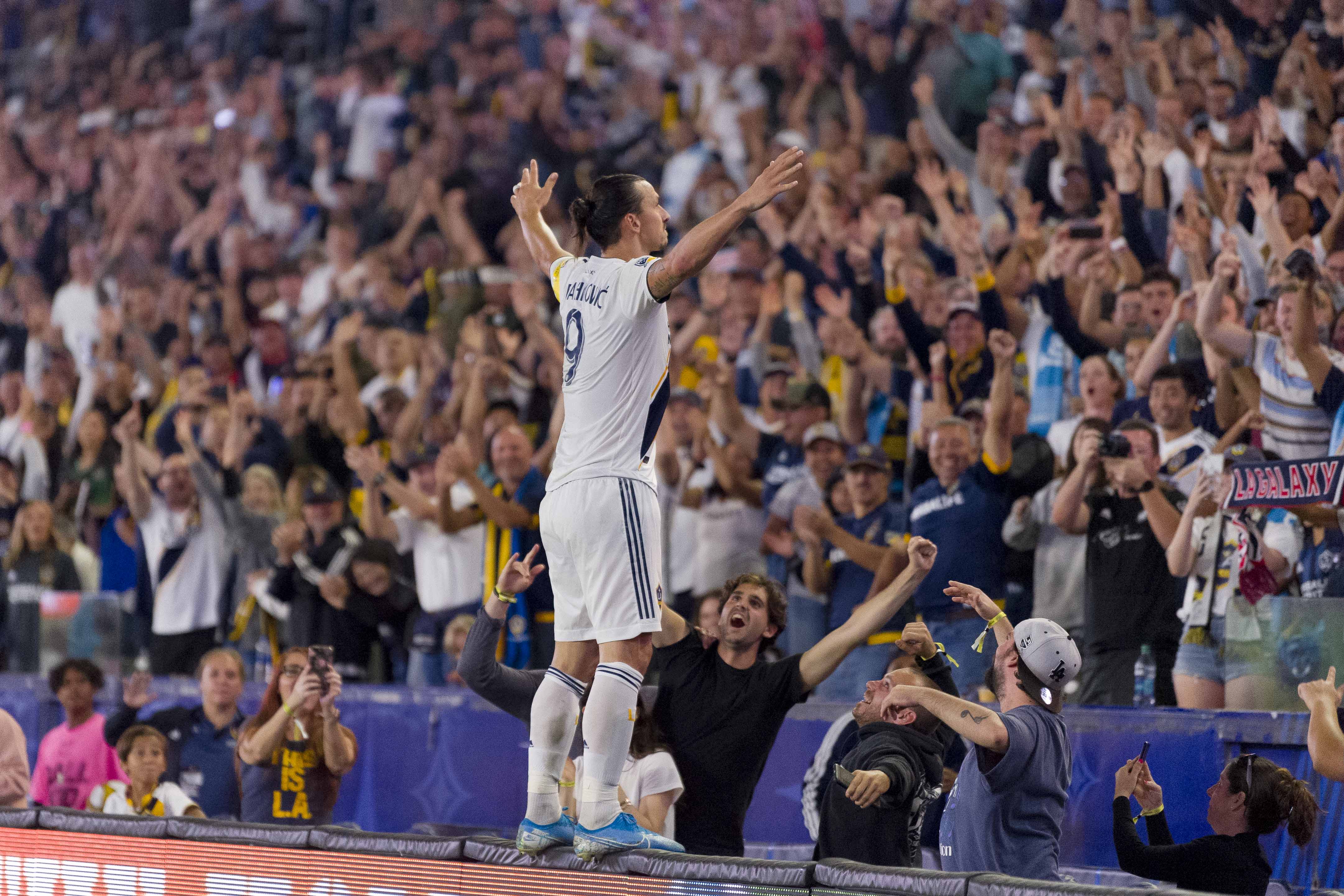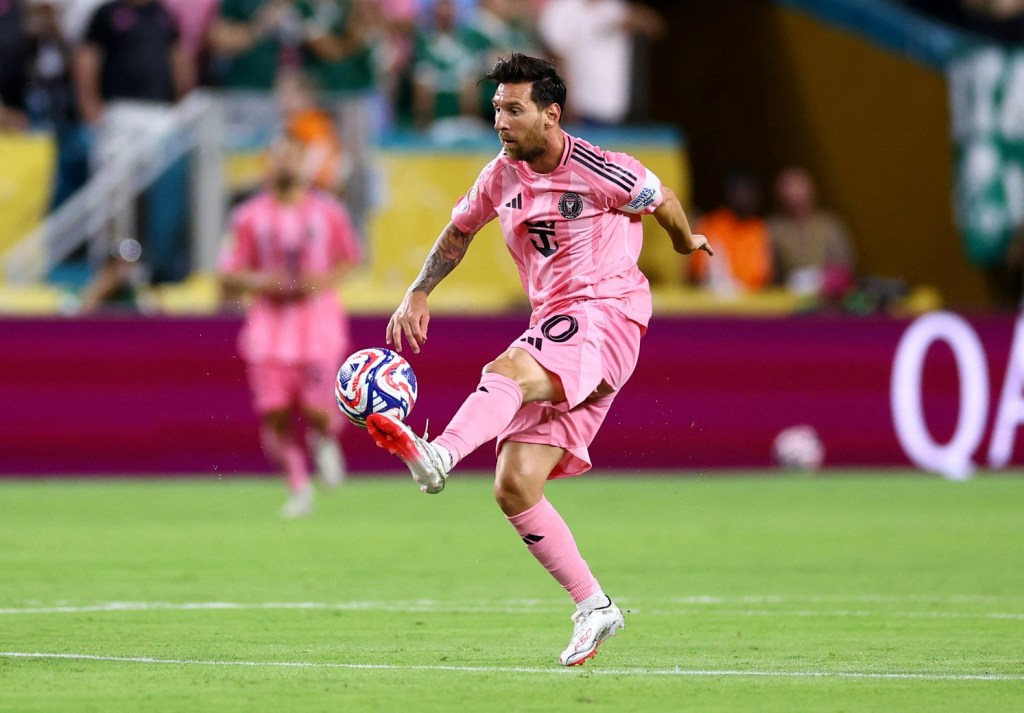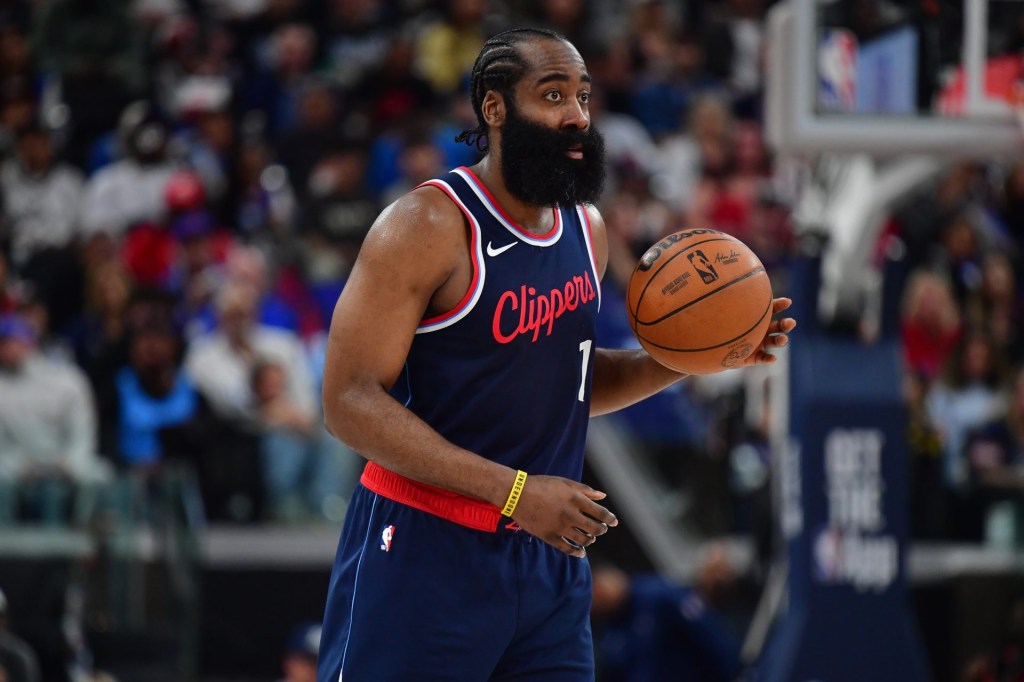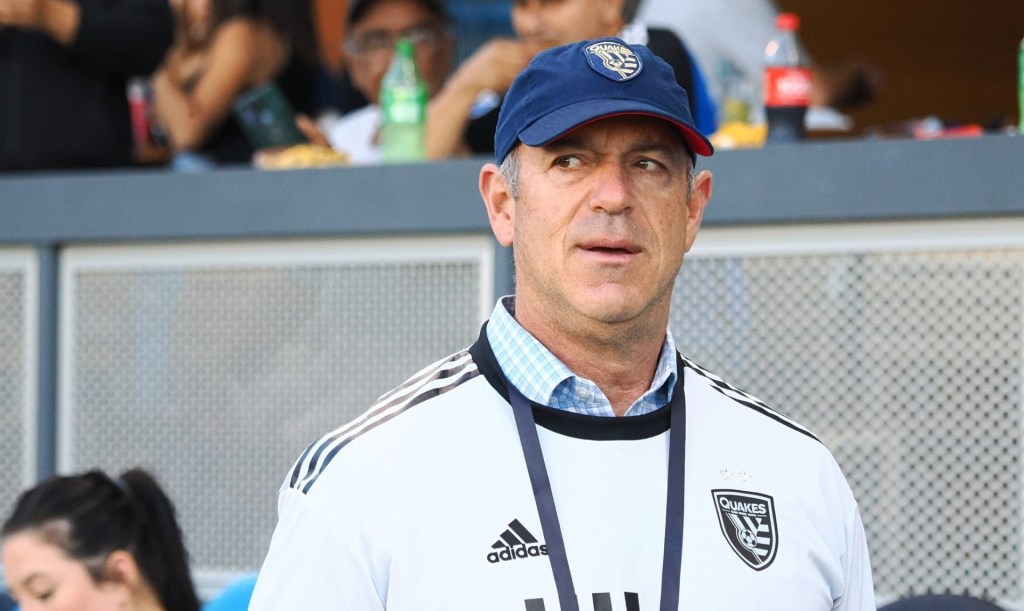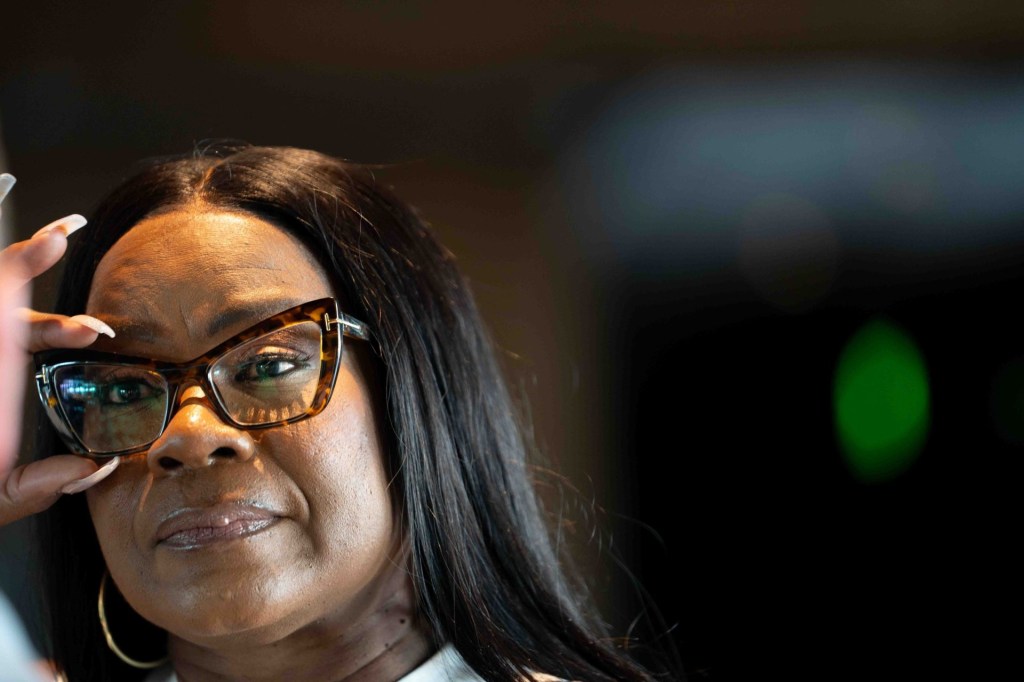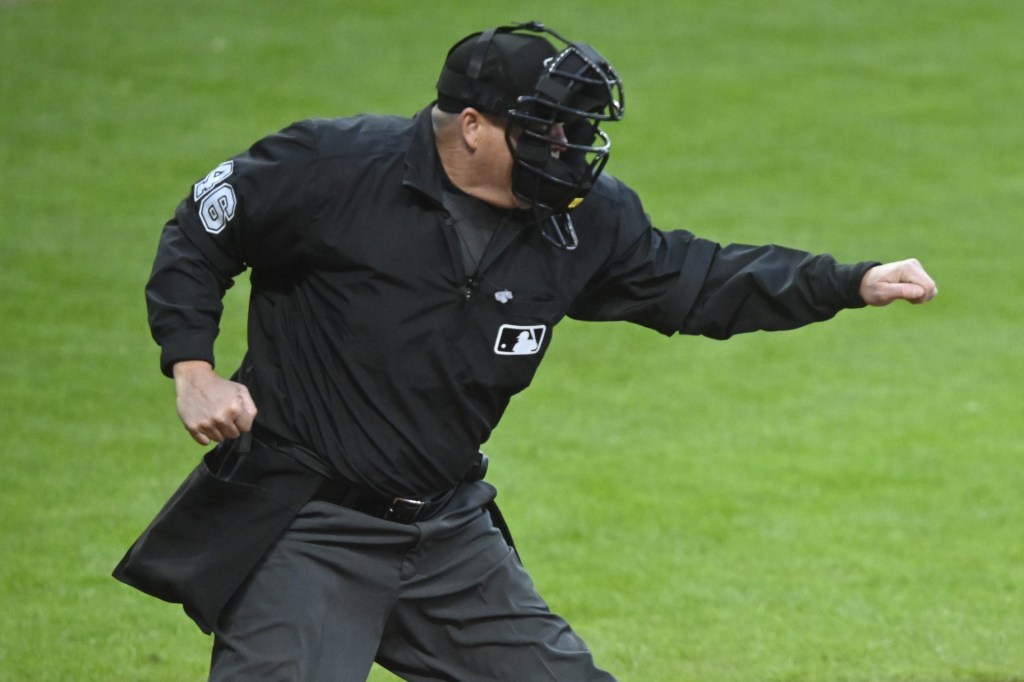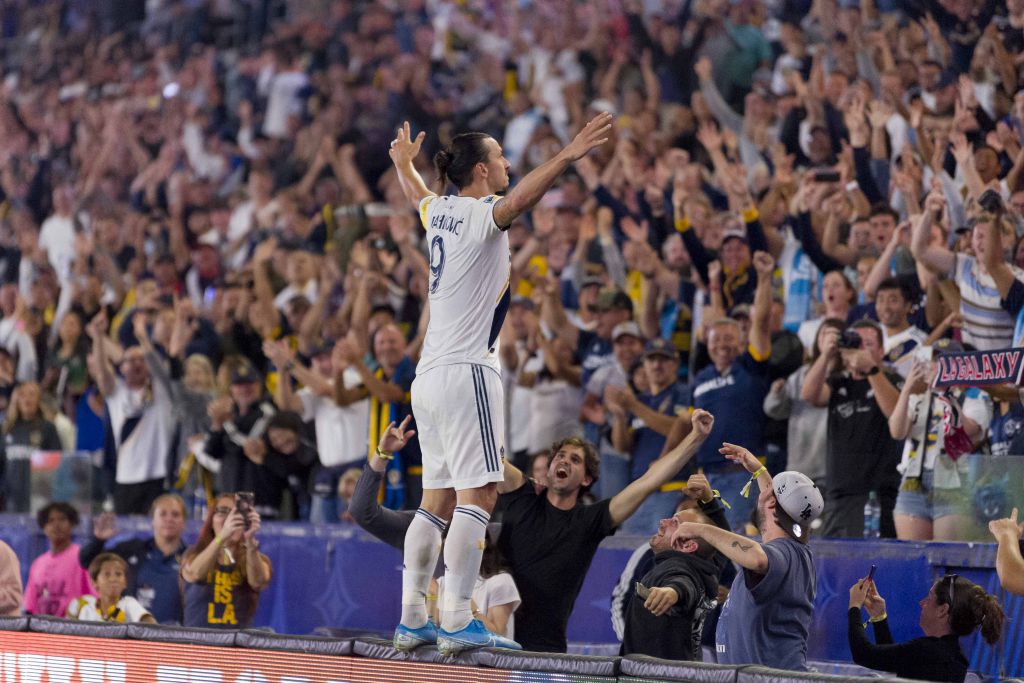
BodyArmor has signed a four-year, multi-million dollar partnership with MLS which will make it the league’s official sports drink partner in the U.S. starting in 2020.
The sports drink brand replaces AdvoCare in the category for MLS, a partnership that had dated back to 2015.
Per the terms of the deal, BodyArmor sports drink will be featured on the sidelines of matches, in locker rooms and at training facilities, with the company’s logo being featured on everything from coolers to cups to towels.
MLS and BodyArmor will also work together on content and marketing integrations, some of which will feature MLS players and BodyArmor athlete partners.
The partnership will see its first activation at the Leagues Cup final in Las Vegas, a new competition between MLS and Liga MX that was launched this year.
MLS Senior Vice President of Business Development Carter Ladd said that conversations between the league and BodyArmor around a deal started earlier this summer.
Ladd noted BodyArmor’s quick ascendance in its category, saying, “their brand has a tremendous amount of momentum around it – I think there is an opportunity to draft off of it compellingly.”
The deal between MLS and BodyArmor is U.S. specific, allowing MLS to potentially sign another partner in the category in Canada or other parts of the world. Compared to the league’s previous deal with AdvoCare which made that company the official sports nutrition partner that could include bars, gels and shakes addition to hydration products, the deal with BodyArmor is specifically around sports drinks.
READ MORE: MLS, ESPN Move MLS Cup Final To ABC In 2019
AdvoCare will continue its jersey sponsorship with FC Dallas, which runs through 2020.
According to BodyArmor, its new deal with MLS is the largest multiyear partnership in the brand’s history.
It also comes at a pivotal time for the company, as it now ranks as the second-highest selling sports drink in convenience stores nationwide and is expected to eclipse $700 million in retail sales by the end of 2019. Coca-Cola Company purchased a minority stake in BodyArmor in August 2018.
BodyArmor has seen continuous growth in the sports sponsorships space in recent months, ranging from becoming the official sports drink of UFC to its continually growing athlete partner roster, which includes Mike Trout, Baker Mayfield, Naomi Osaka, and Diana Taurasi, among others. Kobe Bryant is also an investor in the company.
“A partnership with Major League Soccer – one of the fastest-growing sports leagues – allows BodyArmor to not only hydrate some of the best athletes in the world but also helps influence a younger generation of youth soccer players and showcases to them that there are better-for-you hydration options out there,” Bryant said in an emailed statement.
Currently, BodyArmor does not have any athlete partners who play in MLS, although James Harden recently invested in the Houston Dynamo. Megan Rapinoe and Giovani dos Santos are the only two soccer players currently on the company’s roster.
BodyArmor Vice President of Marketing Michael Fedele said the company will look at potentially partnering with some MLS players, as well as signing local partnerships with clubs across MLS.
READ MORE: MLS Opens Jersey Sponsorship Category To Sports Betting Brands
“We’re continuing to talk with MLS about how we can support the larger partnership – there’s nothing significant to announce, but this is a multi-year relationship that we expect to do a lot of activating around,” Fedele said.
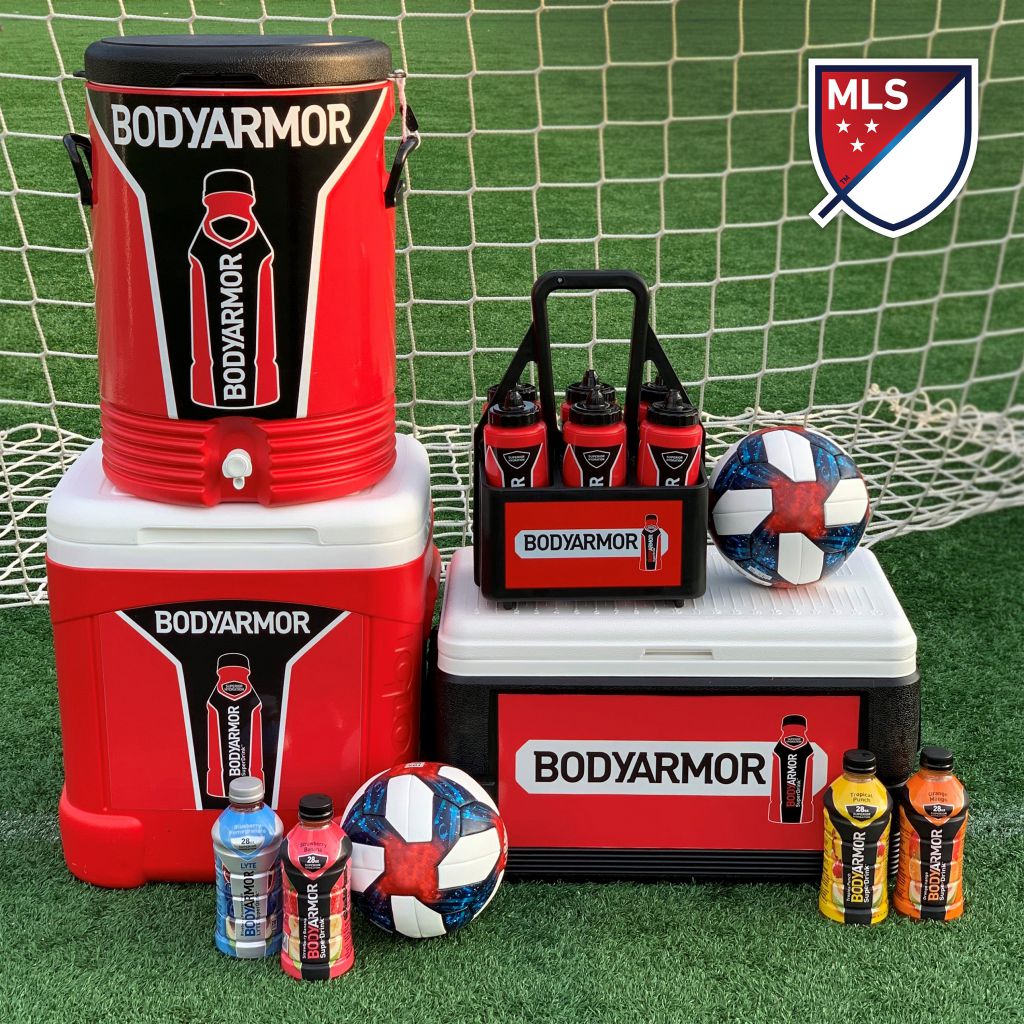
However, BodyArmor’s relationship with the NCAA is ending after just one season, being replaced in the official sports drink category by Coca-Cola sister product Powerade.
Fedele said there is no correlation between the ending of the NCAA relationship and this new deal with MLS. Its deal with the NCAA was a sublicense through Coca-Cola, he said.
“The two partnership deals have no correlation to each other, and was a strategic decision based on what was the best decision for the BodyArmor brand,” Fedele said. “When we think about our long-term strategic planning while looking at youth soccer participation levels, we think soccer in the U.S. is a place our brand should be in.”
